Pope Francis' Successor: Challenges And Opportunities After A Historic Papacy
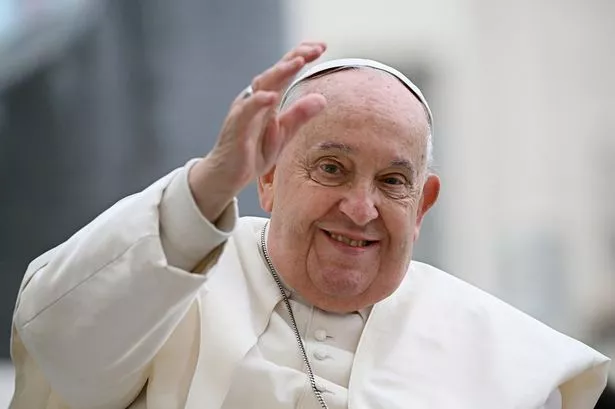
Table of Contents
The Challenges Facing Pope Francis' Successor
The next Pope will inherit a complex and multifaceted institution grappling with significant internal and external pressures. The challenges are immense, requiring both strong leadership and a willingness to adapt to the modern world.
Modernizing the Church in a Secular World
The Catholic Church faces declining attendance in many Western countries, particularly among younger generations. This secularization presents a critical challenge. Furthermore, the Church must continue to grapple with the legacy of clerical abuse, demanding robust accountability mechanisms and a commitment to safeguarding vulnerable individuals.
- Decreasing Church Attendance in the West: Declining Mass attendance and religious observance, particularly among young people, necessitate innovative approaches to evangelization and engagement.
- Addressing Issues of Clerical Abuse and Accountability: Implementing stricter policies, providing support for victims, and holding perpetrators accountable remain paramount. This requires transparent investigations and a systemic overhaul of the Church's internal processes.
- Balancing Tradition with Evolving Social Norms: The Church must address complex ethical issues, including LGBTQ+ rights and women's roles within the Church, while remaining faithful to its core tenets. Finding a balance between upholding traditional teachings and engaging with contemporary social realities is crucial.
- Maintaining Unity within a Diverse Global Church: The Catholic Church is a global institution with diverse perspectives and cultural contexts. Balancing the needs and concerns of various regions – from Africa and Latin America to Europe and Asia – will require deft leadership and diplomacy.
- Specific Examples of Challenges in Different Regions: In Africa, the Church faces challenges related to poverty, disease, and conflict; in Latin America, it confronts issues of inequality and political instability; and in Europe, secularization and declining vocations pose significant threats.
Navigating Geopolitical Tensions
The Catholic Church plays a significant role in international affairs, advocating for peace and social justice. The next Pope will need to navigate complex geopolitical landscapes and maintain relationships with diverse governments and political systems.
- The Church's Role in International Conflicts and Peacebuilding: The Pope's influence on global diplomacy requires careful engagement in conflict zones, promoting dialogue and reconciliation.
- Maintaining Relationships with Diverse Governments and Political Systems: The Vatican must maintain diplomatic relations with countries holding differing political ideologies and human rights records.
- Addressing Issues of Poverty, Inequality, and Climate Change: The Church's commitment to social justice demands engagement with pressing global issues like poverty, inequality, and the climate crisis.
- Challenges Posed by Religious Extremism and Persecution: Protecting religious minorities and combating religious extremism will require a proactive approach and international cooperation.
- Examples of Geopolitical Issues Demanding Papal Attention: Conflicts in the Middle East, the rise of nationalism, and the global refugee crisis present ongoing challenges demanding the Pope's attention and diplomatic skill.
Internal Divisions and Reform within the Church
The Catholic Church encompasses a spectrum of theological viewpoints and approaches to governance. Internal divisions, debates over doctrine, and calls for greater transparency pose challenges for the next Pope.
- Conservative vs. Progressive Factions within the Catholic Church: Balancing differing theological interpretations and pastoral approaches requires skillful leadership and a commitment to dialogue.
- Debates over Theological Interpretations and Doctrine: Discussions regarding moral teachings, liturgical practices, and ecclesial governance require careful consideration and a unified approach.
- The Need for Greater Transparency and Accountability within the Vatican: Improving financial transparency and accountability mechanisms within the Vatican is essential for restoring trust and credibility.
- Addressing Internal Dissent and Promoting Unity: Managing internal dissent and fostering a sense of unity within the Church requires effective communication and pastoral leadership.
- Examples of Past and Potential Future Internal Conflicts: Past controversies surrounding liturgical reforms and theological debates illustrate the ongoing need for internal reconciliation and unity.
Opportunities for Pope Francis' Successor
Despite the challenges, the next papacy also presents significant opportunities for renewal, growth, and global impact.
Building Bridges and Fostering Dialogue
The next Pope has the opportunity to enhance interreligious dialogue and foster greater understanding among diverse faiths and cultures.
- Reaching Out to Other Faiths and Promoting Interreligious Understanding: Building bridges with other religious leaders and communities can promote peace and mutual respect.
- Engaging with Secular Society and Addressing Common Concerns: Addressing shared societal challenges, such as poverty and climate change, can foster collaboration and create common ground.
- Promoting Ecumenical Dialogue with Other Christian Denominations: Strengthening relationships with other Christian churches can pave the way for increased collaboration and unity.
- Examples of Successful Interfaith Initiatives: Successful past initiatives can serve as models for future interreligious cooperation and understanding.
- Strategies for Strengthening Interreligious Relations: Proactive engagement and mutual respect are essential for building strong interreligious relations.
Renewing the Church's Mission in the 21st Century
The next Pope can revitalize the Church's mission by adapting to the changing needs of the world and embracing new technologies.
- Focus on Social Justice and Charitable Works: Continuing the Church's commitment to social justice and charitable works is vital for its relevance and credibility.
- Evangelization in a Digital Age: Utilizing digital platforms and technologies for evangelization and outreach is crucial for reaching younger generations.
- Addressing the Needs of Marginalized Communities: Serving the needs of the poor, vulnerable, and marginalized remains a core element of the Church's mission.
- Promoting Youth Engagement and Vocations: Attracting young people to the priesthood and religious life requires innovative approaches to formation and pastoral care.
- Innovative Strategies for Mission Outreach: Developing creative and effective strategies for evangelization and outreach is essential for the Church's growth and relevance.
Strengthening Global Solidarity and Collaboration
The next Pope can foster stronger bonds among Catholic communities worldwide, promoting unity and collaboration.
- Promoting Unity and Collaboration among Different Catholic Communities Worldwide: Strengthening ties between different Catholic communities can enhance global solidarity and mutual support.
- Supporting Local Churches in Challenging Contexts: Providing resources and support to local churches facing persecution or hardship is crucial for their survival and growth.
- Addressing Global Issues through Collaborative Efforts: Addressing global challenges like poverty, climate change, and conflict requires collaborative efforts among different Catholic institutions.
- Examples of Successful Global Collaborative Projects: Past successful global initiatives can serve as models for future collaboration and partnership.
- Strategies for Enhancing Global Solidarity: Investing in communication, resource sharing, and mutual support networks can enhance global solidarity within the Church.
Conclusion
The election of Pope Francis' successor presents both monumental challenges and significant opportunities for the Catholic Church. Addressing issues of modernization, navigating geopolitical complexities, and fostering internal unity will be crucial for the future of the institution. Simultaneously, the next Pope has the potential to build bridges, renew the Church's mission, and strengthen global solidarity. The legacy of Pope Francis will undoubtedly shape the future of the papacy, and the next Pope will need to build upon his successes while addressing the many challenges that lie ahead.
Call to Action: The future of the Catholic Church depends on the wisdom and leadership of Pope Francis' successor. Learn more about the upcoming papal election and the challenges and opportunities facing the next Pope. Stay informed about the Pope Francis' successor and the future of global Catholicism. Understanding the complexities surrounding the selection of the next Pope is crucial for anyone interested in the future of the Catholic Church and its global impact.

Featured Posts
-
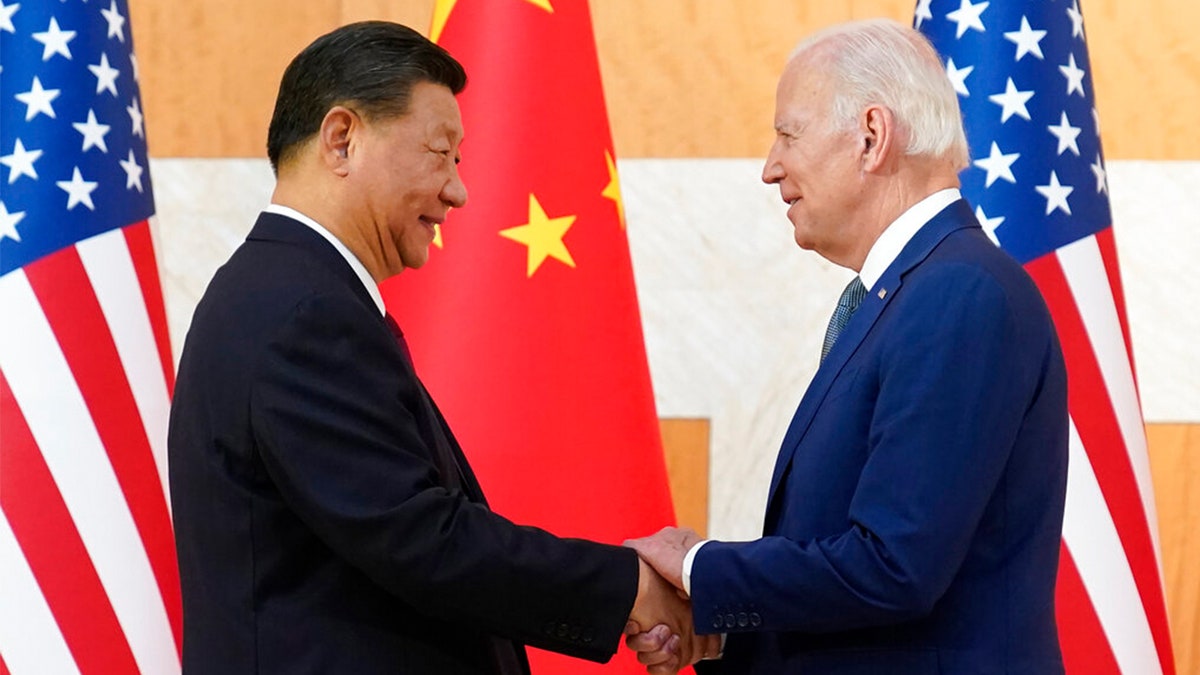 South Sudans Plan For Deportees A Partnership With The United States
Apr 22, 2025
South Sudans Plan For Deportees A Partnership With The United States
Apr 22, 2025 -
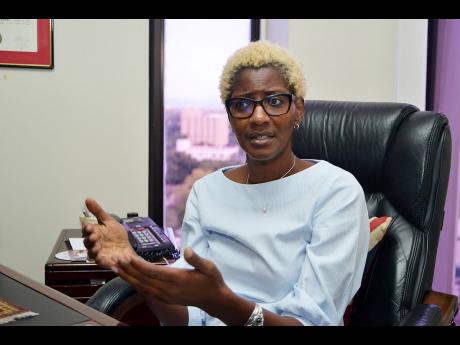 Managing Deportees Return To South Sudan A Coordinated Approach With The Us
Apr 22, 2025
Managing Deportees Return To South Sudan A Coordinated Approach With The Us
Apr 22, 2025 -
 Pneumonia Claims Life Of Pope Francis At 88
Apr 22, 2025
Pneumonia Claims Life Of Pope Francis At 88
Apr 22, 2025 -
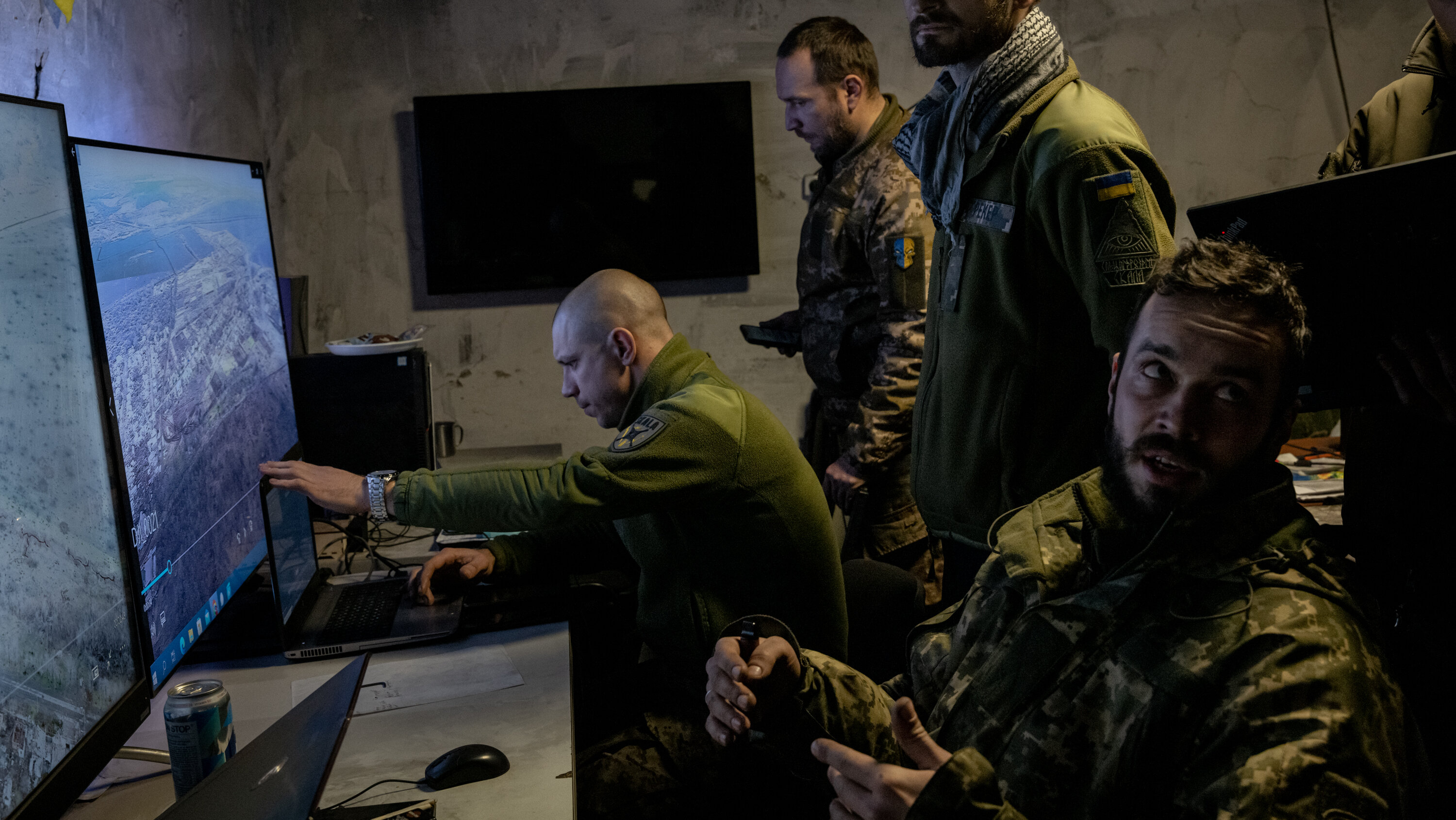 Deadly Russian Air Strikes On Ukraine As Us Seeks Diplomatic Solution
Apr 22, 2025
Deadly Russian Air Strikes On Ukraine As Us Seeks Diplomatic Solution
Apr 22, 2025 -
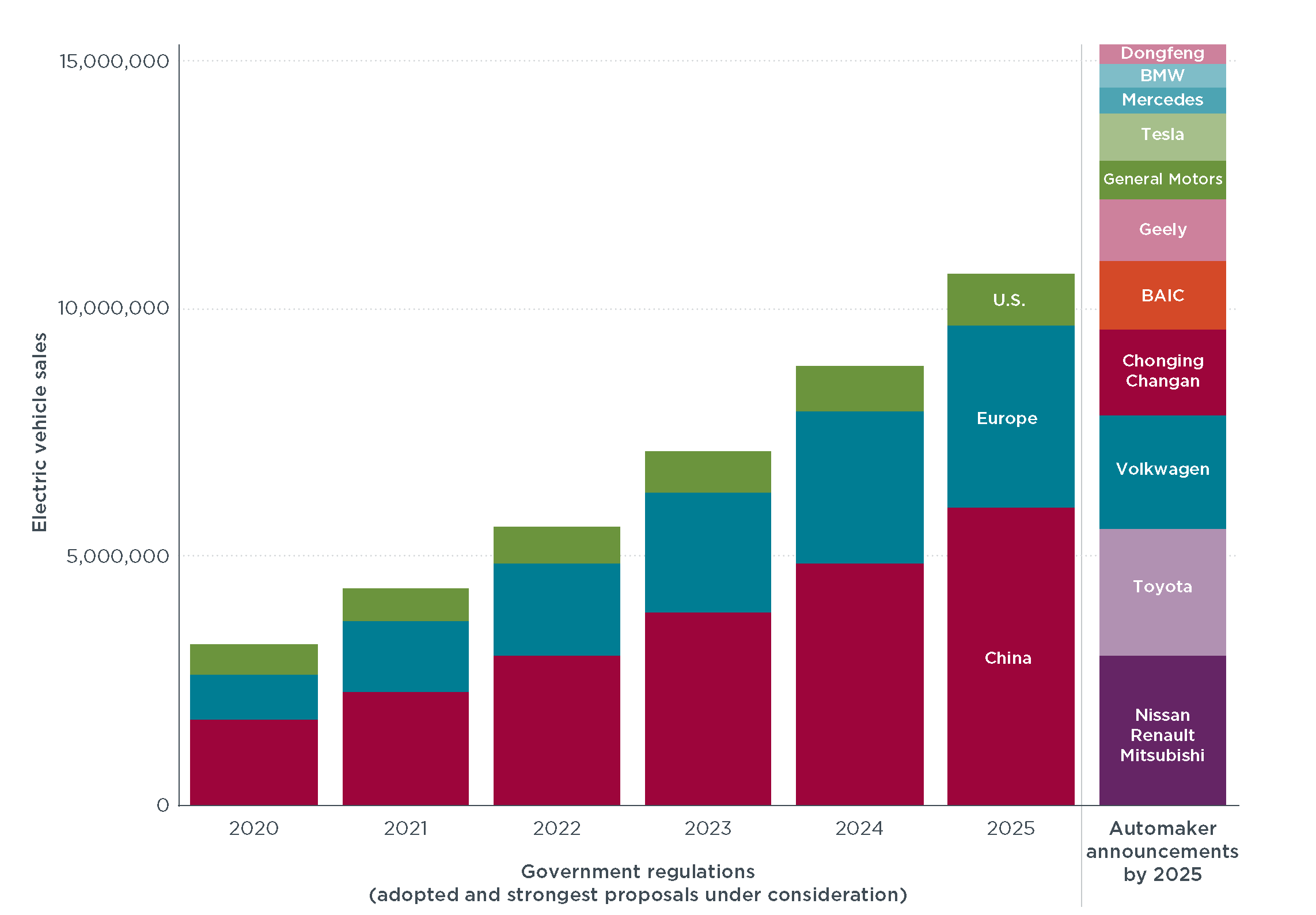 Auto Dealers Renew Resistance To Electric Vehicle Regulations
Apr 22, 2025
Auto Dealers Renew Resistance To Electric Vehicle Regulations
Apr 22, 2025
